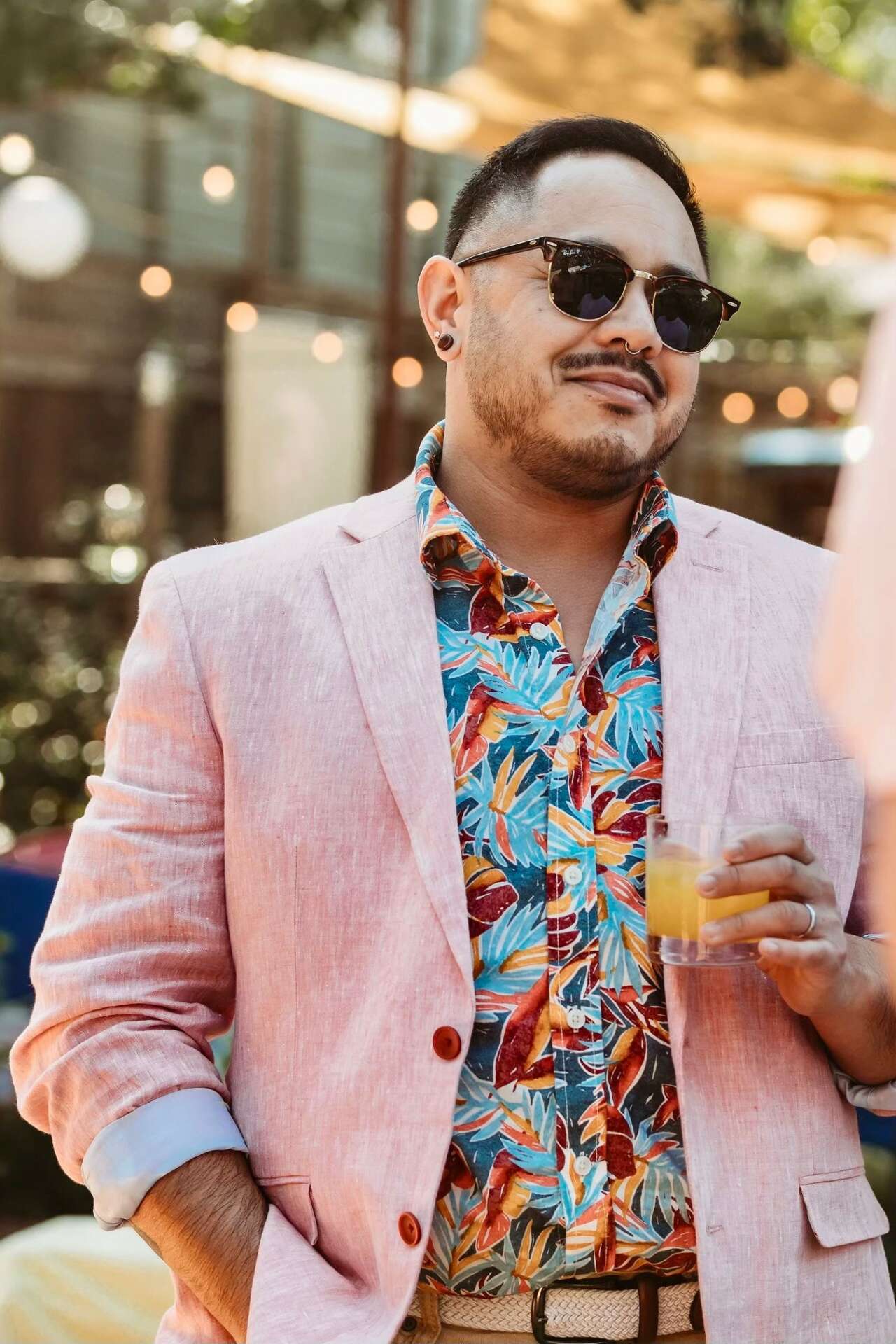Alright – so today we’ve got the honor of introducing you to Christian Mejia. We think you’ll enjoy our conversation, we’ve shared it below.
Christian, looking forward to hearing all of your stories today. Earning a full time living from one’s creative career can be incredibly difficult. Have you been able to do so and if so, can you share some of the key parts of your journey and any important advice or lessons that might help creatives who haven’t been able to yet?
Though the road has really taken its twists and turns, I’m very lucky to have been able to earn a full-time living from my theatrical work from fairly early on in my career. After I graduated with a BFA in Production Design at NYU, I puttered around New York, trying to break into the type of theatre that could someday pay the bills. I did a lot of work with former school colleagues, in little shoebox theatres for a few dollars and cups of coffee. After a couple years of barely stitching the ends together, I moved back to the Bay Area for both for family reasons and a professional reset. I had become burnt out by the hustle, and I wasn’t sure that I event wanted to work in theatre anymore.
While feeling discouraged from unfruitful job hunting in the Bay Area suburbs, I stumbled on a Craigslist ad for a touring lighting designer… with a children’s theatre company. It wasn’t glamorous, but it was fast paced and fun for a young designer like me, and the gig kept me paid for the next three months! I worked a few more freelance productions like this until I found one of those rare full-time theatre jobs. In this role, I oversaw the technical operations for a performing arts theatre owned by a small city in the area. This job gave me financial stability, an opportunity to come into my own as a theatre professional, and the freedom to still take the odd freelance design job.
Years later, I’ve somehow managed to continue to find full-time jobs in the theatre arts. For years, I was the full-time Resident Lighting Designer and Production Manager at New Conservatory Theatre Center in San Francisco. This job was invaluable in helping me to develop my design aesthetic and hone my collaboration skills. In my spare time, I’ve continued to design lighting for live events and productions all over California. For a couple years after I received my MFA from the California Institute of the Arts, I made a foray into architectural lighting design for a while. It was fascinating to consider lighting as a permanent installation, and not just a fleeting moment on stage. My latest good luck comes in the form of my current full-time job: teaching lighting design to my very passionate and brilliant students at Stanford University’s theatre department.
While I’m really happy with the steady pacing of my career, I think I probably could have sped up this process by going to grad school earlier. I spent almost two decades in the professional world before I decided to go back to school for an MFA. A lot of doors cracked open for me after grad school, and I imagine they would have opened up earlier had I knocked on them sooner. Speaking of knocking, I can’t stress enough the importance of connecting with others in the theatre industry and keeping a line of communication open with past collaborators and mentors!
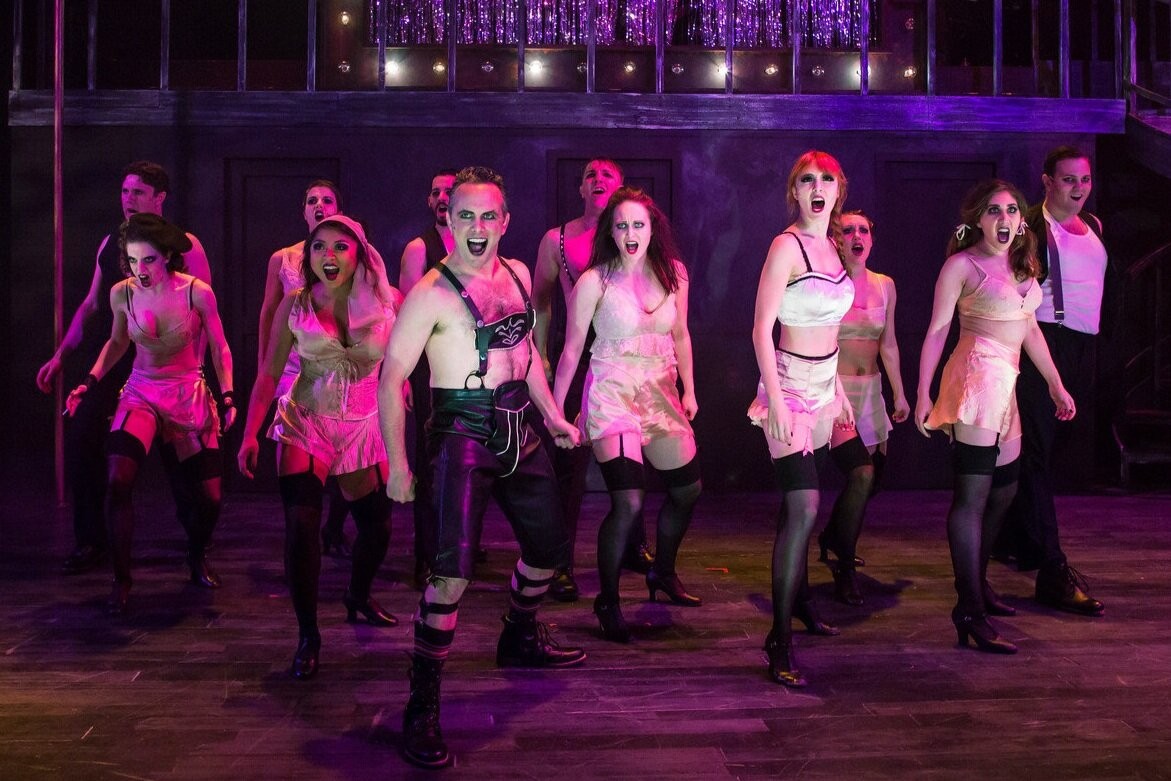
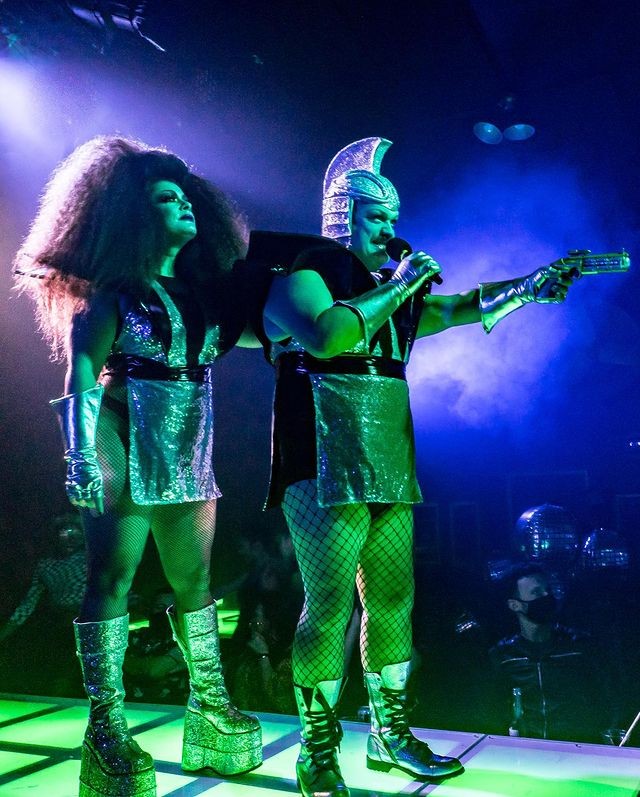
Christian, before we move on to more of these sorts of questions, can you take some time to bring our readers up to speed on you and what you do?
My design practice includes lighting design for theatre, architecture, and immersive entertainment. I believe that light has the ability to transport us to another place and time. Our visual perception hinges on the light in our environments. Light affects our mood, leads our emotions, and enhances the everyday moments that make up our lives. My approach to design seeks to create places and experiences where people can lean into a feeling of shared humanity and curiosity.
As lifelong theatre kid who somehow managed to make it into a career, I’ve always been attracted to theatre for the feeling of community and friendship. The pressure of putting a show up sparks these intense bonds that are often impermanent, but some of my oldest friends are people I went through the ring of fire with during a production. My theatre family is vast, and that feeling of belonging is pretty special.
I’m attracted to work that platforms underrepresented voices and tells stories that may otherwise not be seen by a wide audience. I’m a queer, trans, Filipino-American artist, so some of the work I’m most proud of tells stories that reflect portions of my own identity. New Conservatory Theatre Center in San Francisco is the nation’s premier queer and allied theatre company, and in my years as Resident Lighting Designer there, I had the humbling opportunity to help tell so many moving, joyous, loving, and multi-faceted queer stories to the world.
I hold an MFA from California Institute of the Arts and currently teach Lighting Design at the Theatre & Performance Studies department at Stanford University. In my spare time, I freelance around Los Angeles and San Francisco, or wherever the wind takes me.
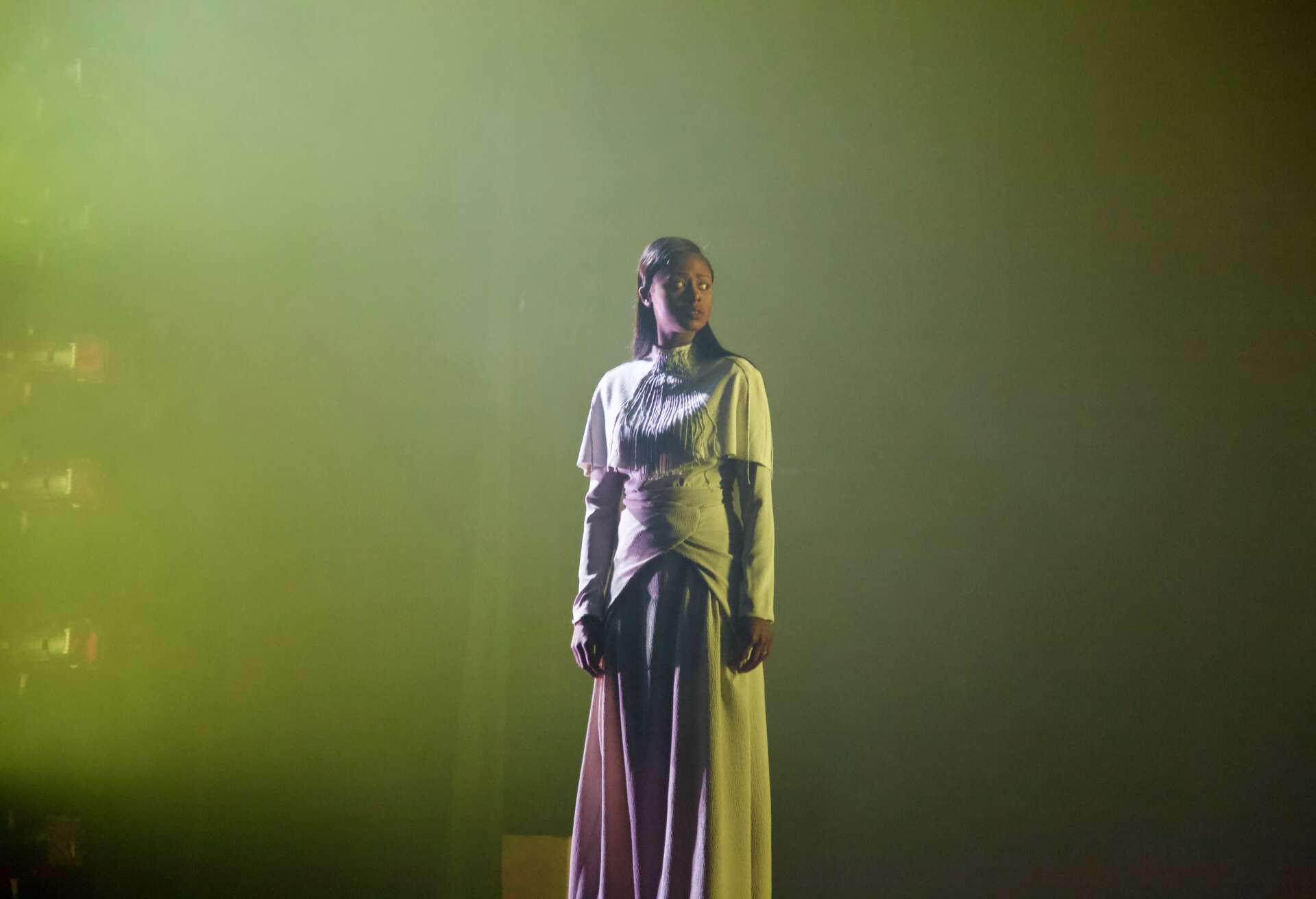
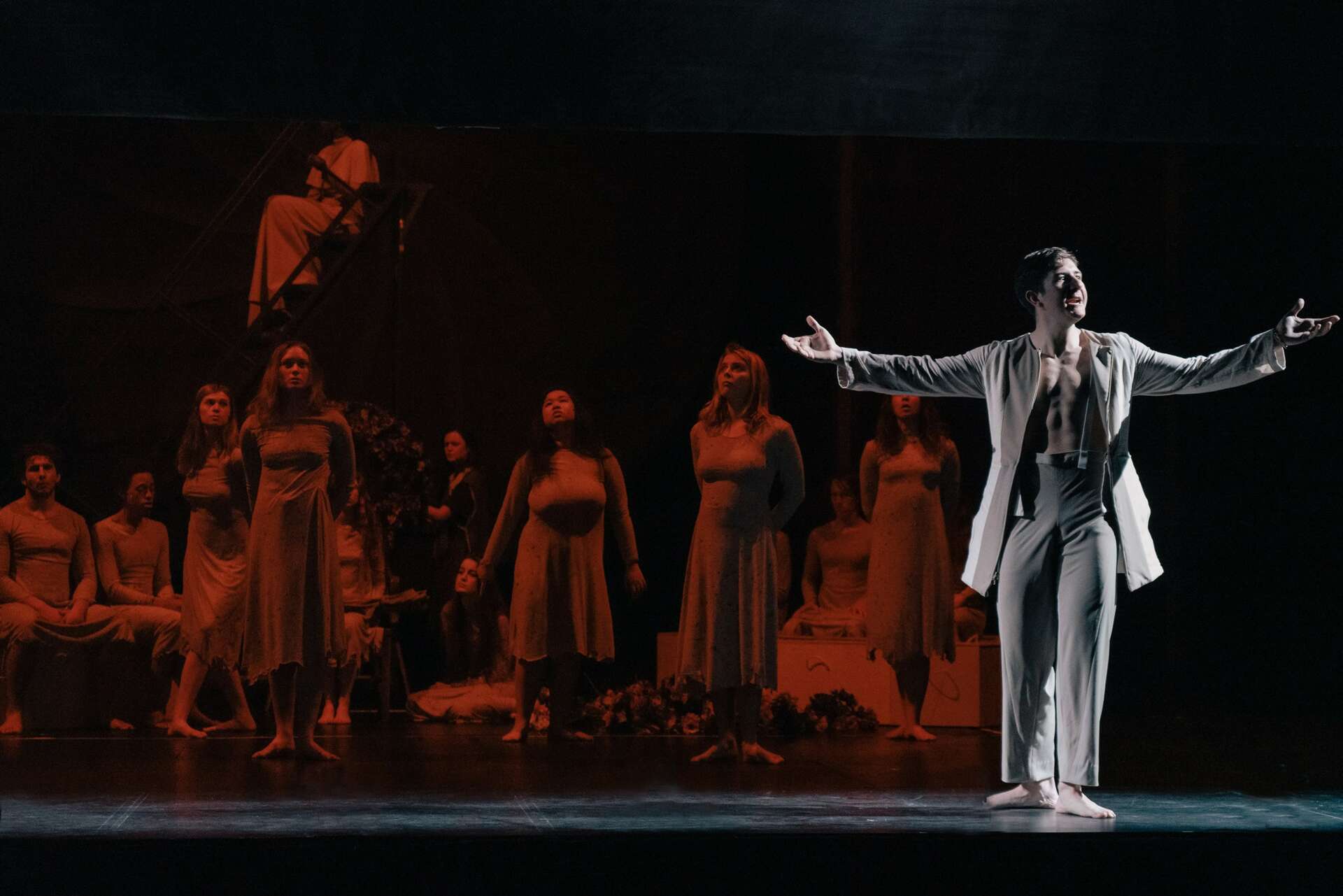
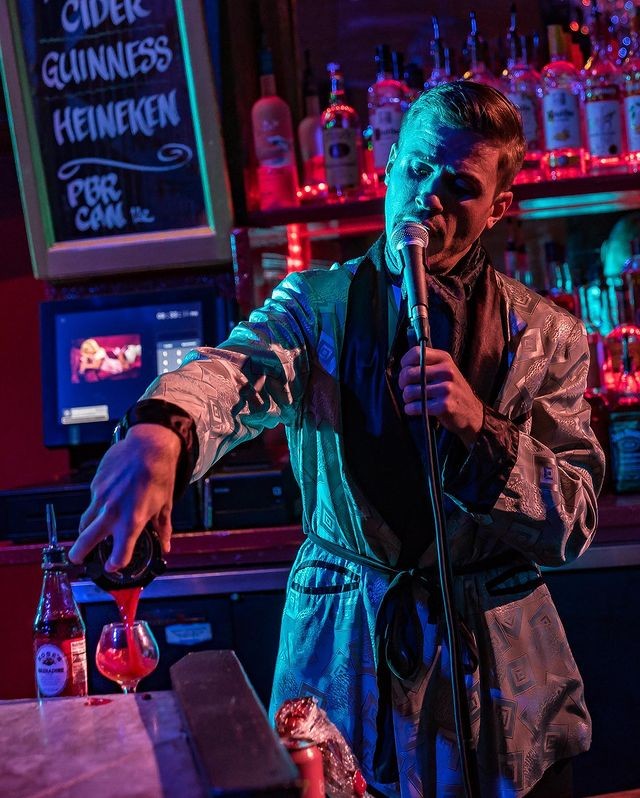
What do you find most rewarding about being a creative?
The most rewarding thing about being a theatre artist is the joy of sharing stories with the world. Theatre lets us step outside of our lives and ourselves. Even though we may watch a play for only one or two hours, its impact can linger far longer. When seeing theatre together, audience members can experience a great sense of communal excitement, tension, and relief. The shared experience is a journey of human connection– connection with the content of the play, but more subliminally, connection between each audience member. Did you know that while watching theatre, audience members’ individual heart beats will sync up to become a collective rhythm? That’s just so wild to me!
Once a show I’ve worked on is open, it feels incredible to me to be a part of the audience. The work takes on a whole new meaning when the people around me are impacted by the production for the first time. It’s very special to feel my creative work reacted to in real time!
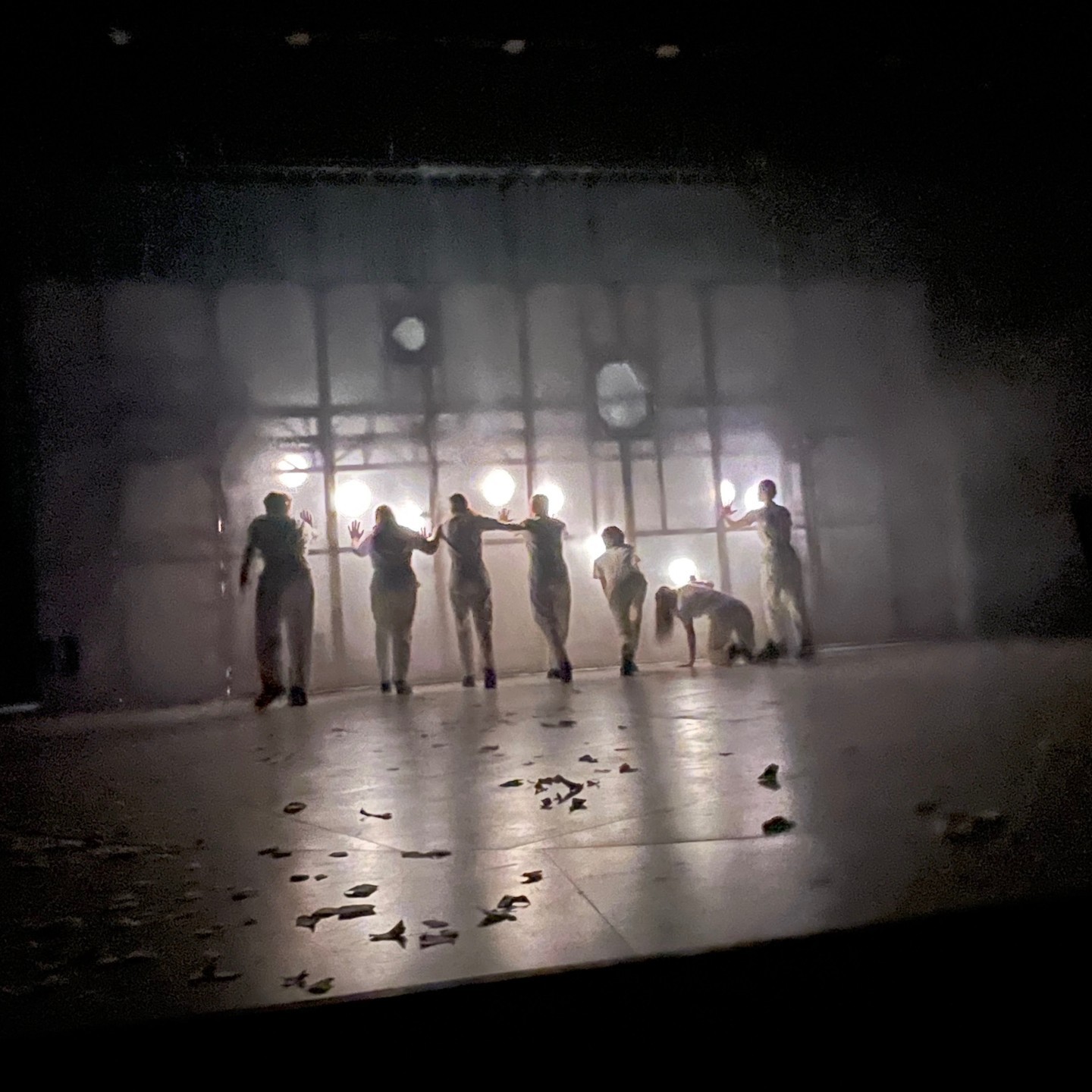
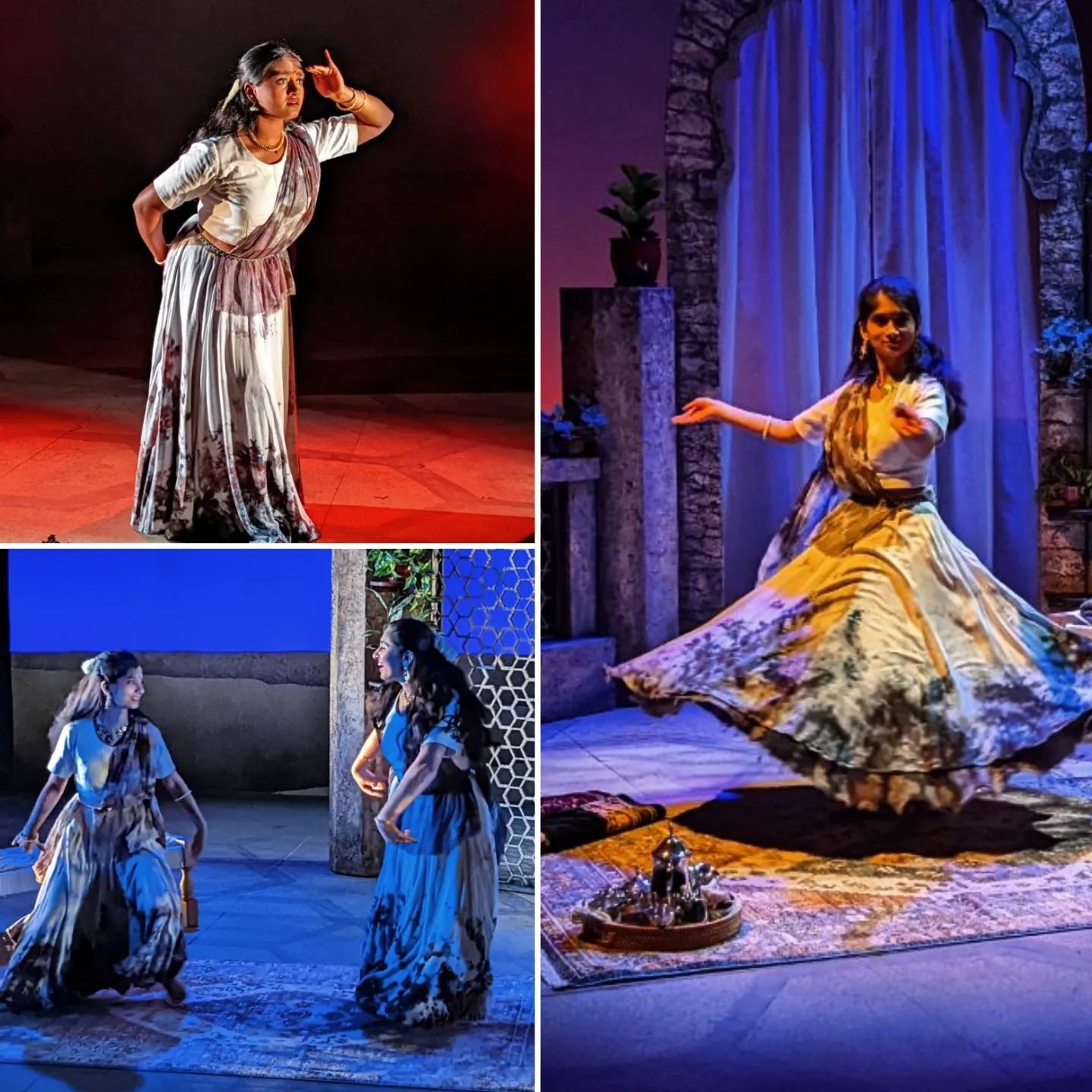
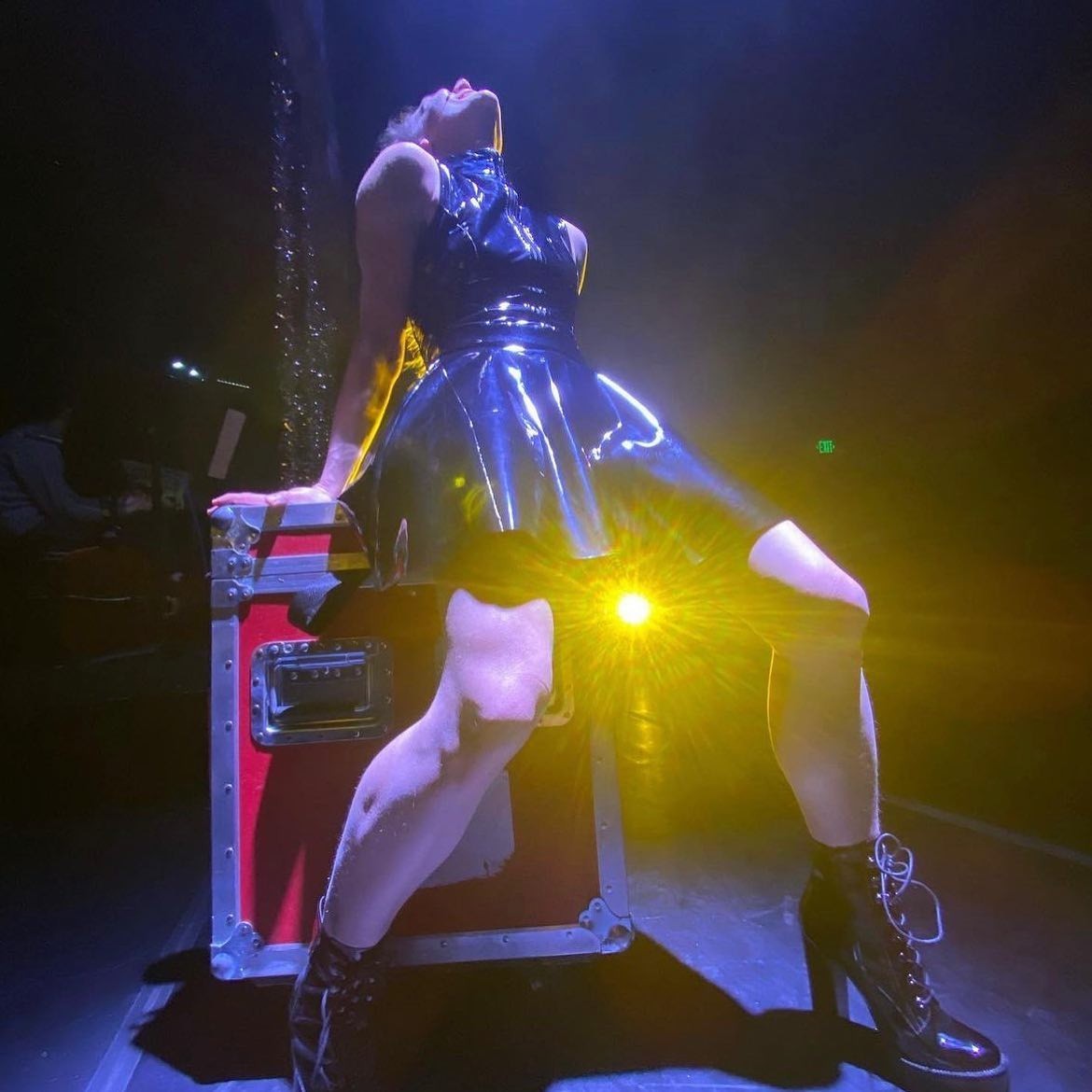
Are there any books, videos or other content that you feel have meaningfully impacted your thinking?
For work, life, and happiness in general: “Designing Your Life” by Bill Burnett and Dave Evans. These two professors have taken their Stanford University class of the same name and packed it into an easy-to-follow book that helps people to design their optimum life.
For theatre life specifically: “The Business of Theatrical Design” by James Moody. Many artists (myself included) aren’t particularly business minded. This book helps provide a framework to protect yourself in a professional world of competing needs and contracts.
Contact Info:
- Website: www.christianvmejia.com
- Instagram: @christianvmejia
- Linkedin: https://www.linkedin.com/in/christianvmejia/


